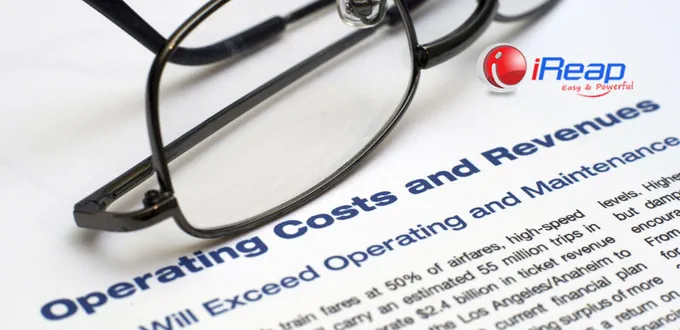
To determine the cost components, you first need to know the cost specifications. For example, if you want to find out the components of operational costs, they differ from those of non-operating costs. To make understanding the components of these two costs easier, let’s read the explanations below.
Definition of Operational Costs
Operational costs are expenditures of a sum of money to finance company operations for business continuity, such as capital expenditures, costs for providing equipment and raw materials, company development costs, employee salaries, and so on.
Operating Cost Components
1. Fixed Costs
Fixed or fixed costs are costs whose nominal value will always remain the same every month or every period, even though there is an increase or decrease in sales and production.
Companies still need to pay these costs regularly regardless of company conditions. Examples of fixed operational costs include building rent, insurance, employee salaries, production machines/equipment maintenance, customer or call center service costs, and so on.

2. Variable Cost
Variable costs or variable costs are company costs or expenses that are very dependent on production activities.
If there is an increase in the amount of production or an increase in the use of raw materials, the variable costs will be high.
Meanwhile, variable costs will also decrease if there is a decrease in production. For example, costs for purchasing raw materials, packaging finished goods, distribution or shipping costs, overtime costs, finishing, and so on.
3. Depreciation Cost
Depreciation costs are measured by reducing the value of an item every month because it is used. For example, vehicle depreciation costs, building depreciation costs, production machinery, or warehouse depreciation costs (if the warehouse is owned by the company itself, not rented).
Definition of Non-Operating Costs
Non-operational costs are all expenses incurred by the company for things outside the company’s operational activities but are still the responsibility of the company.
This means that the company inevitably incurs all costs included in non-operational costs to support the company’s business cycle.
Some of the costs included as non-operating costs include costs related to taxes, bank administration, inter-bank transfer fees, exchange differences, taxes, costs for losses due to disasters or losses, and so on.
Components of Non-Operating Costs
1. Rent Fee
Rental costs are costs the company must pay in connection with borrowing goods, can borrow/renting property (office buildings, warehouses, factories), equipment rental, and so on. Payment of rental fees is generally based on an agreement, monthly, semi-annually, or annually.
2. Loan Interest Costs
Loan interest costs are costs that companies must pay for loans to debtors. Loan costs do not include operational costs. They are not paid regularly because they are based on an agreement.

3. Loss Costs
Loss costs are all company expenses related to various losses that occur. For example, having to repair damaged buildings/factories due to natural disasters, fires, etc.
This also includes losses due to loss, damage, and the like. Even currency exchange differences in foreign exchange trading are included in non-operational costs.
4. Other costs
Other costs here must be incurred by the company but are completely unrelated to the company’s operations. Even so, it remains the responsibility of the company.
For example, transfer fees between banks when paying employees or payments to suppliers, unexpected costs, grief costs when an employee dies, and so on.
Are Operational Costs the Same as Operating Expenses?
Many business owners think that operational costs are the same as operating expenses. Though both are different, you know.
Operating expenses are more specific costs that become part of operational costs after being added to the cost of goods sold (COGS) or the cost of Goods Sold (HPP).
After understanding the components of operational and non-operating costs, you also need to understand the various types of operational costs, especially in the MSME and SME businesses. You can also study the Types of Operational Costs in MSME and SME Businesses.



